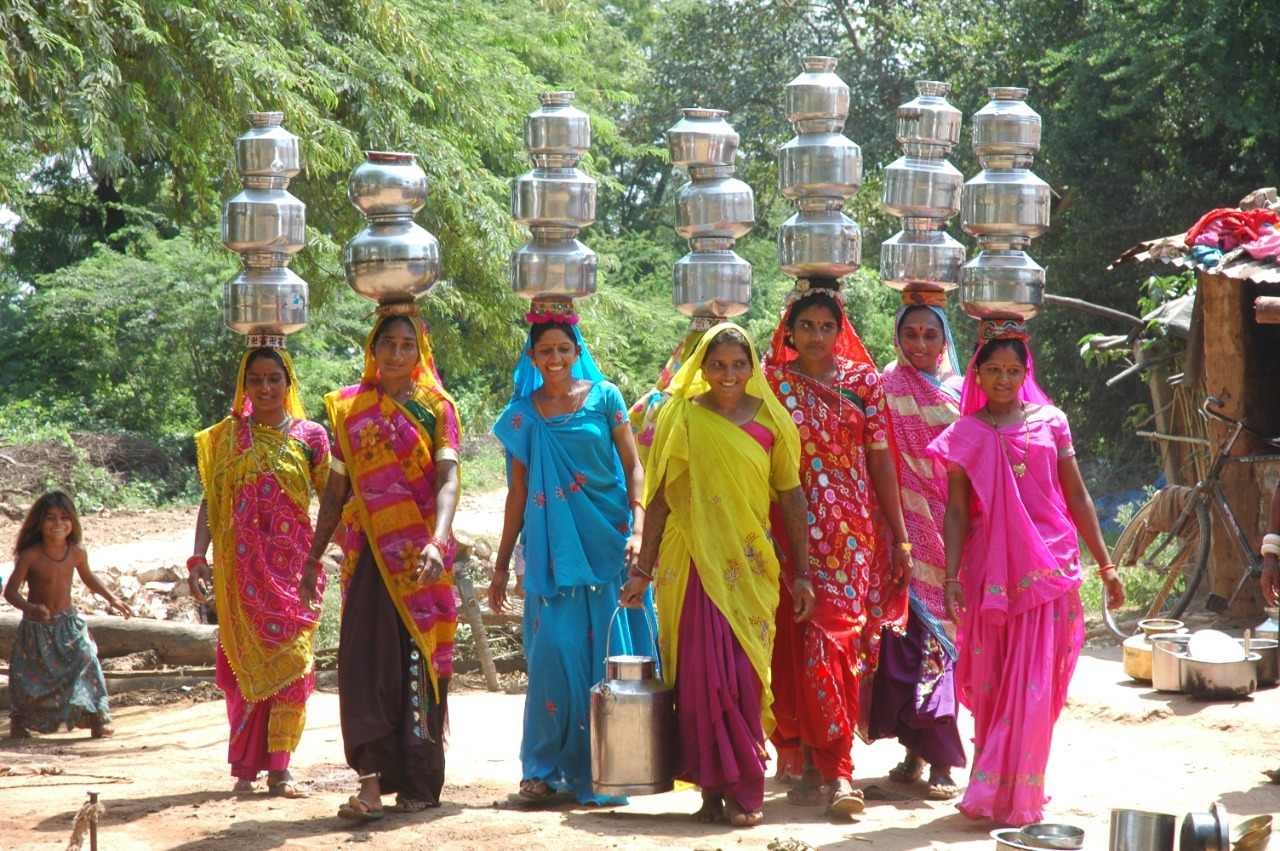Ahmedabad, April 23: In India, the laws protecting women and girls from sexual violence and abuse are inadequate, poorly enforced and often leave the victims traumatized and stigmatised found a study conducted in six countries of South Asia.
The study:
Sexual Violence in South Asia: Legal and Other Barriers to Justice for
Survivors focuses on six countries- Bhutan, Bangladesh, India, Nepal, Maldives
and Sri Lanka. The report jointly done by gender organisation Equality Now and
Dignity Alliance International was released on Wednesday. It asks governments of
all the countries to take immediate steps to address sexual violence, improve
access to justice for survivors and end impunity for perpetrators.
It pointed
out that in India marital rape is still legal except if the child-bride is
under the age of 15 years. Only two countries, Bhutan and Nepal criminalise
marital rape in all circumstances but here too the penalty for marital rape is
far lower than other forms of rape.
It also
pointed out that the unscientific and traumatizing two-finger test was part of
medical examination in many South Asian countries. The two-finger test involved
a medical practitioner inserting two-fingers inside the vagina of a rape
survivor to determine if the hymen is broken as well as to test the laxity of
the vagina. The test is often used to declare the rape survivor as habituate to
sex.
In India,
the Supreme Court has banned the two-finger test in 2013 and the Ministry of
Health also banned it. However, the study found that many survivors said they
were subjected to the two-finger test and a 2018 study found that the test was
being referred to in medico-legal examination in four states of India.
The report noted that high levels of stigmatisation attached to rape often lead to low reporting or withdrawal of cases. Pressure to withdraw the case, fear of repercussions such as violence, threat to life or social ostracisation all hinder the process of reporting. The report authors urged governments to make prevention of sexual violence and integral part of their strategies on gender-based violence. It asked to shift the focus of blame to perpetrators rather than the victim.
Analysis of
country-specific laws and policies relating to sexual violence found that in
the six South Asian countries examined there are gaps in laws, failures in
implementation, and governments are not fulfilling their commitments and
obligations in international law to protect and promote the human rights of
women and girls.
The study
noted that there were many barriers of reporting rape but for those who did
manage to file police complaints, it was only the start of a long and arduous
quest to access justice. The study
decried the low conviction rates and the long delays in police investigations,
medical examinations and trial process.
The study
noted that police officers refusing to file complaints or failing to
investigate allegations of sexual violence were wide-spread. In four countries,
Bangladesh, India, Nepal and Sri Lanka, survivors and other stakeholders about
justice system officials being susceptible to bribery and corruption.
Report
co-author Divya Srinivasan, a human rights lawyer and Legal Advisor for
Equality Now, says: “Our research
reveals how governments across South Asia need to take urgent action to provide
women and girls with better protection against sexual violence and end
widespread impunity for perpetrators. This requires closing gaps in laws,
addressing flaws in criminal justice systems, and investing in holistic
responses to ensure access to justice and support for survivors.”
The report
calls on South Asian countries to implement comprehensive and inclusive
measures that effectively address sexual and gender-based violence. This
includes:
· Addressing protection gaps in the
law
· Improving police responses to
cases of sexual violence
· Ensuring survivor-friendly
medical examinations in rape cases
· Improving prosecution procedures
and trials of sexual offences
· Designing and funding holistic
interventions to improve access to justice for survivors
· Reviewing laws and policies to
ensure the specific needs of all marginalized communities are met.
Evlyn Samuel, report co-author from Dignity Alliance
International, says: “The report
reveals a multitude of barriers that survivors of sexual violence experience at
different levels while accessing the criminal justice system across these
countries. This calls for a dire need on the part of governments to adopt a
more comprehensive, gender-sensitive approach in addressing issues of sexual
violence against women and girls to bring systemic and transformative changes.”
(Source: Equality Now)

